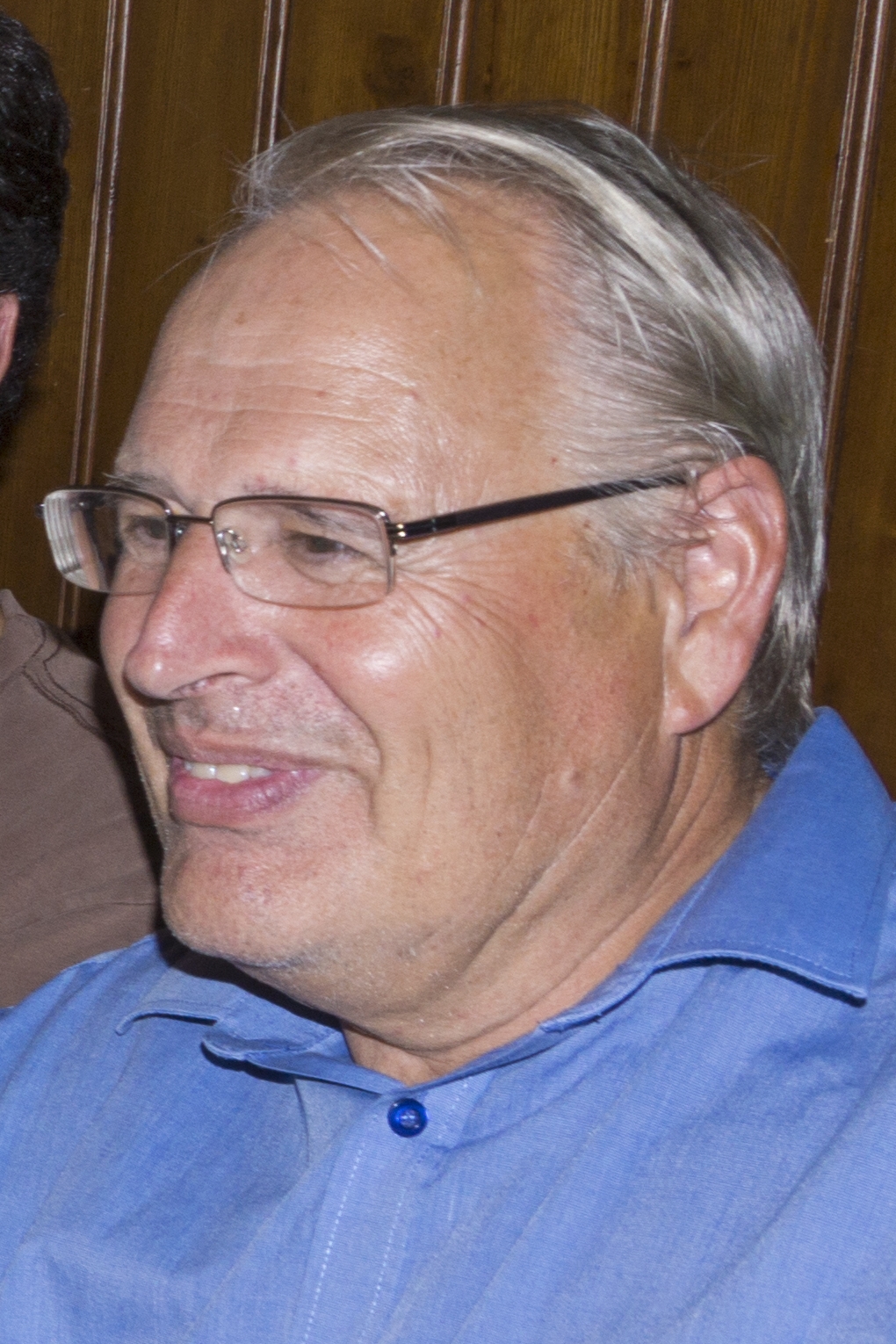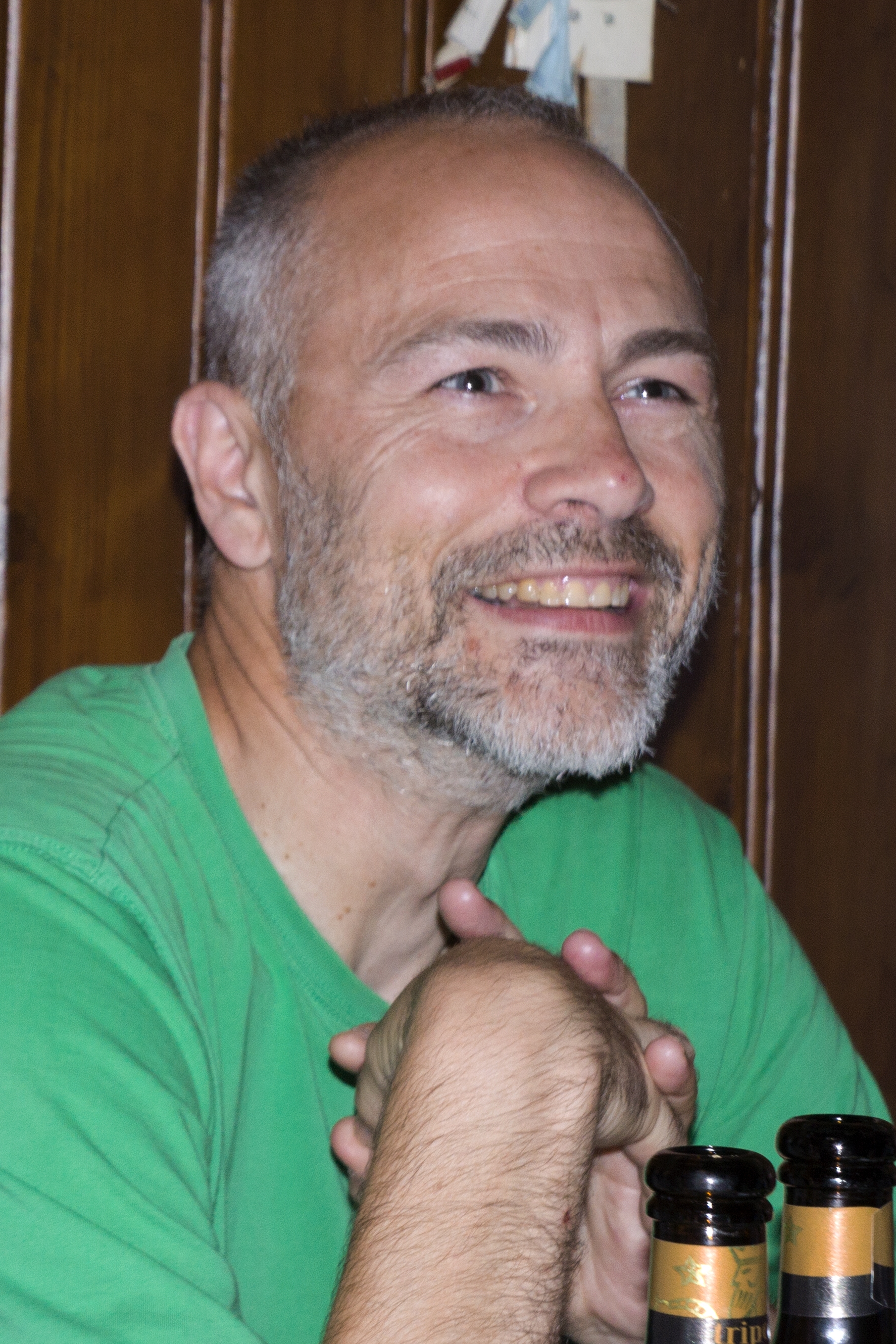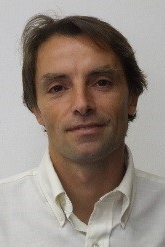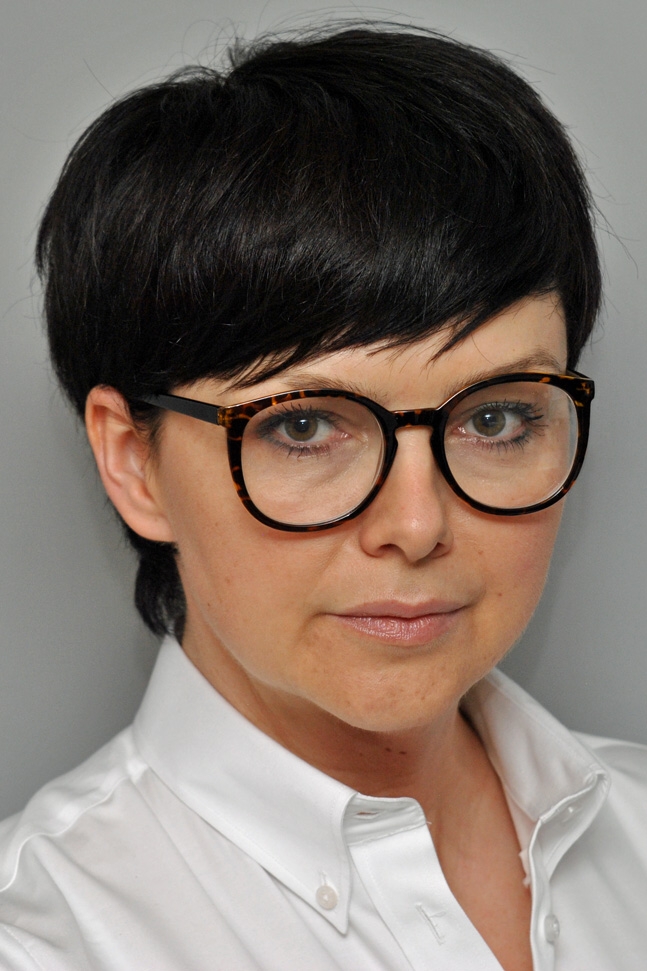Steering committee
Petr Maděra Department of Forest Botany, Dendrology and Geobiocoenology, Mendel University in Brno, Czech Republic
 Petr is a professor of Forest Phytology at Faculty of Forestry and Wood Technology, Mendel University in Brno. His research is focused on forest biodiversity, forest and woody plants ecology from individual through population to the ecosystem level. Working more than 15 years on Soqotra Island, his research naturally focused on the local endemic dragon´s blood tree (Dracaena cinnabari), its population decline, ecology and possibility of restoration. During the time, he gained experiences from Oman, Yemen (D. serrulata), Ethiopia (D. ombet) and Canary Islands (D. draco).
Petr is a professor of Forest Phytology at Faculty of Forestry and Wood Technology, Mendel University in Brno. His research is focused on forest biodiversity, forest and woody plants ecology from individual through population to the ecosystem level. Working more than 15 years on Soqotra Island, his research naturally focused on the local endemic dragon´s blood tree (Dracaena cinnabari), its population decline, ecology and possibility of restoration. During the time, he gained experiences from Oman, Yemen (D. serrulata), Ethiopia (D. ombet) and Canary Islands (D. draco).
Anthony G Miller Centre for Middle Eastern Plants, Royal Botanic Garden Edinburgh, UK
 Tony was employed as a SW Asian botanist and professor at The Royal Botanic Garden Edinburgh from 1974 to 2017. His research focussed on floristic, taxonomic and conservation studies in SW Asia. Field work activities included: assessing the status of vegetation and threatened species, surveying biodiversity hotspots; ethnographic studies and biodiversity impact and richness assessments for landscape potential and for restoration. During these surveys he has discovered and scientifically described many species new to science.
Tony was employed as a SW Asian botanist and professor at The Royal Botanic Garden Edinburgh from 1974 to 2017. His research focussed on floristic, taxonomic and conservation studies in SW Asia. Field work activities included: assessing the status of vegetation and threatened species, surveying biodiversity hotspots; ethnographic studies and biodiversity impact and richness assessments for landscape potential and for restoration. During these surveys he has discovered and scientifically described many species new to science.
Alan Forrest Centre for Middle Eastern Plants, Royal Botanic Garden Edinburgh, UK
 Alan is a researcher in Centre of Middle Eastern Plants under Royal Botanic Garden in Edinburgh. His work is driven by a desire to contribute to plant species and ecosystem conservation using a variety of tools and methods. He manages a diverse portfolio of programs focusing on research into the conservation and sustainable use of plants in Soqotra, Afghanistan and Tajikistan. A certified IUCN Red List assessor and trainer, focusing on Red Listing plants in Arabia and SW Asia and integrating conservation assessments into protected areas and management planning
Alan is a researcher in Centre of Middle Eastern Plants under Royal Botanic Garden in Edinburgh. His work is driven by a desire to contribute to plant species and ecosystem conservation using a variety of tools and methods. He manages a diverse portfolio of programs focusing on research into the conservation and sustainable use of plants in Soqotra, Afghanistan and Tajikistan. A certified IUCN Red List assessor and trainer, focusing on Red Listing plants in Arabia and SW Asia and integrating conservation assessments into protected areas and management planning
Julian Jansen Van Rensbug Freie Universität Berlin
Fabio Attorre Department of Environmental Biology, Sapienza University of Rome, Italy
 Fifteen years of experience in environmental cooperation programs in several biodiversity hotspots of the world (Galapagos Archipelago – Ecuador, Soqotra archipelago – Yemen, Protected areas of Albania, Great Limpopo Transfrontier Area – South Africa, Mozambique, Zimbabwe, Papua New Guinea) allowed him to develop a deep knowledge about different ecosystems and environmental issues. His main research field is the application of spatial models to assess the conservation status of species and habitats, to support the management of protected areas, and to evaluate the impact of climate change and alien species on ecosystems. He is also collaborating with national and international working groups aimed at assessing the conservation status of habitats and elaborating effective conservation strategies.
Fifteen years of experience in environmental cooperation programs in several biodiversity hotspots of the world (Galapagos Archipelago – Ecuador, Soqotra archipelago – Yemen, Protected areas of Albania, Great Limpopo Transfrontier Area – South Africa, Mozambique, Zimbabwe, Papua New Guinea) allowed him to develop a deep knowledge about different ecosystems and environmental issues. His main research field is the application of spatial models to assess the conservation status of species and habitats, to support the management of protected areas, and to evaluate the impact of climate change and alien species on ecosystems. He is also collaborating with national and international working groups aimed at assessing the conservation status of habitats and elaborating effective conservation strategies.
Joanna Jura-Morawiec Polish Academy of Sciences Botanical Garden – Centre for Biological Diversity Conservation
 Joanna is an Associate Professor at the Polish Academy of Sciences Botanical Garden – Centre for Biological Diversity Conservation in Powsin, and Head of the Plant Anatomy Laboratory. Her research interests include developmental, functional and comparative anatomy of woody plants. Currently, the focus of her research is the growth and structure of dragon trees (Dracaena spp.). Thanks to a grant awarded by the National Science Centre in Poland, she was able to organize several research trips to Gran Canaria to study morphology/anatomy of stem and roots of dracaenas belonging to the dragon tree group.
Joanna is an Associate Professor at the Polish Academy of Sciences Botanical Garden – Centre for Biological Diversity Conservation in Powsin, and Head of the Plant Anatomy Laboratory. Her research interests include developmental, functional and comparative anatomy of woody plants. Currently, the focus of her research is the growth and structure of dragon trees (Dracaena spp.). Thanks to a grant awarded by the National Science Centre in Poland, she was able to organize several research trips to Gran Canaria to study morphology/anatomy of stem and roots of dracaenas belonging to the dragon tree group.
Nadezhda Nadezhdina Department of Forest Botany, Dendrology and Geobiocoenology, Mendel University in Brno, Czech Republic
 Nadezhda is a professor at the Mendel University in Brno. Her training is in Plant Physiology. She has almost 40 years’ experience on tree water relation studies based on sap flow dynamics in trees starting from irrigation control of apple orchard in Ukraine. Last two decades her research interests are associated with studies of function of forest trees under different climatic and edaphic conditions.
Nadezhda is a professor at the Mendel University in Brno. Her training is in Plant Physiology. She has almost 40 years’ experience on tree water relation studies based on sap flow dynamics in trees starting from irrigation control of apple orchard in Ukraine. Last two decades her research interests are associated with studies of function of forest trees under different climatic and edaphic conditions.
Raquel Vasconcelos Research Centre in Biodiversity and Genetic Resources, University of Porto, Portugal
 Raquel is currently a researcher at CIBIO/InBIO, Portugal. Her research interests are centred on combining ecological modelling techniques with morphological and genetic data to support conservation using reptiles as models. Her doctoral thesis focused on the use of integrative approaches to review the systematics of reptiles on the Cabo Verde Islands and on the combination of species richness and genetic diversity to optimize the design of protected areas in that archipelago. The postdoctoral fellowship also focused on the conservation of genetic diversity in hotspot islands of biodiversity, this time using the reptiles of the Socotra Archipelago as models. At the same time, she has participated and produced various activities of dissemination and communication of science to increase knowledge and demystify the image of the non-specialized public about reptiles.
Raquel is currently a researcher at CIBIO/InBIO, Portugal. Her research interests are centred on combining ecological modelling techniques with morphological and genetic data to support conservation using reptiles as models. Her doctoral thesis focused on the use of integrative approaches to review the systematics of reptiles on the Cabo Verde Islands and on the combination of species richness and genetic diversity to optimize the design of protected areas in that archipelago. The postdoctoral fellowship also focused on the conservation of genetic diversity in hotspot islands of biodiversity, this time using the reptiles of the Socotra Archipelago as models. At the same time, she has participated and produced various activities of dissemination and communication of science to increase knowledge and demystify the image of the non-specialized public about reptiles.
Wenli Mei Chinese Academy of Tropical Agricultural Sciences, Hainan
Organizational committee
Hana Habrová, Lenka Ehrenbergerová, Klára Lengálová, Martin Rejžek